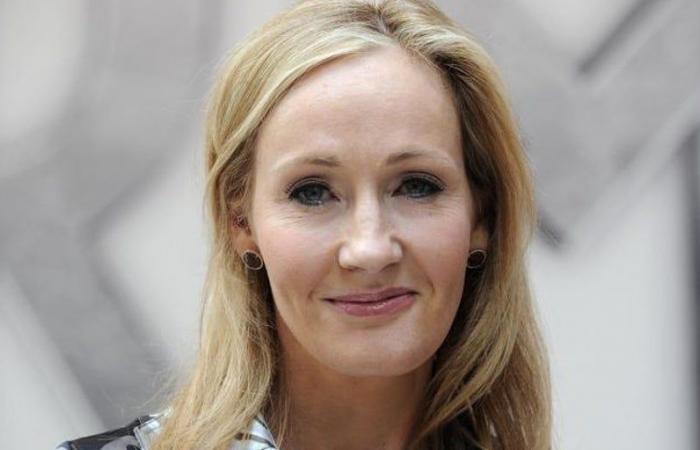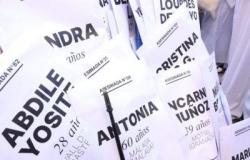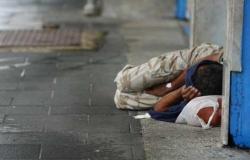The freedom of expressionhistorically held as the vital core of the arts, is today in a critical situation within the artistic and cultural sector of the United Kingdom. This is documented by the Report ‘Afraid to Speak Freely’ (‘Fear of speaking … freely ‘)published by the Freedom in the Arts (Fita) organization, a platform founded in 2023 by the choreographer Rosie Kay and the former cultural official Denise Fahmy, both directly affected by having professional reprisals after expressed “politically incorrect” opinions.
The report, based on a Survey answered by 483 professionals Of the arts, it shows an alarming deterioration in the perception of freedom to comment within the sector. According to the results, 84% of respondents said that “never”, “rarely” or “only sometimes” feels free to publicly express their personal opinions.
The diagnosis is clear: there is a generalized self -censorshipfear of retaliation and pressure to align with a dominant ideology. 93% of respondents agree or in accordance with the statement “workers in the artistic and cultural sector who share controversial opinions run the risk of being professionally marginalized.”
The testimonies collected in the report reveal a consistent pattern of Professional intimidation and isolation. «Artists are being forced to silenceNot because they lack creativity, but because they fear professional repercussions, “says Rosie Kay in the document. Denise Fahmy, meanwhile, won in 2023 a workplace trial against Arts Council England, after being forced to leave his position and be accused of ‘transphobic’ for publicly defending an organization that has been severely questioned by trans groups for its critical positions towards this activism.
Transgender policy and conflict between Israel and Palestine, among the issues considered especially dangerous
The report identifies a list of topics considered especially dangerous for the professional career within the artistic sector, such as women’s rights or pTransgender olitics. Thus, express critical opinions with gender self -identification, or defender of exclusive spaces for women, is perceived as a Posture “high risk”. “To say that trans women are not women, or even suggest that this statement can be debated, is automatically cataloged as transphobia,” wrote one of the people surveyed. Another added that «the almost sectarian hug of gender ideology means that affirming biological facts makes you Bullying White and ostracism«.
-The conflict between Israel and Palestine It also appears as an explosive theme. “The vehemently proper statements are accepted or even encouraged, but anything Pro Israel is convicted,” said a participant. Another affirmed that “in my theater environment, saying that Israel has the right to exist makes you a couple.”
«People who work in the artistic sector would not dare to publicly admit political opinions of the right center»
Other issues identified as “taboo” include criticism of Immigration, British nationalism, Brexit and any expression considered right or conservative. 78% of the people surveyed agreed that “the people who work in the artistic sector would not dare to publicly admit political opinions of the right center.”
Also, 53% of the participants said they feel Pressing for your own friendsas expressed by a respondent: “Friends that I met for years had stopped talking about the morning because I questioned the position accepted on a social issue.” A pressure that is amplified by the Social networks, “hostile environments” where a poorly received opinion can trigger an avalanche of insults, cancellations and threats. “A single wrong tweet and the avalanche begins … the rest we remain silent for fear,” said another person.
This Culture of fearsays the report, is eroding artistic quality by encouraging creative conformism. A writer states that “well, in current literary criticism, it means ‘I agree with you’, more than ‘is of good quality’”. He adds that this produces an “overwhelming influence on the creative process.”
The institutional dimension also has an important role. Several responses underline that the dependency of the artistic sector of the Public financing It has generated an environment of preventive self -censorship. “We all know what issues bother the big financiers, so we simply avoid them.” Another indicates that “maintaining public financing is used as an excuse for illegal actions”, and that curatorial or programming decisions are taken often based on “which does not generate controversy”, rather than in the quality or relevance of artistic content. The conclusion of the report is overwhelming: “The British artistic sector promotes creative freedom in theory, but does not allow freedom of expression in practice.”






